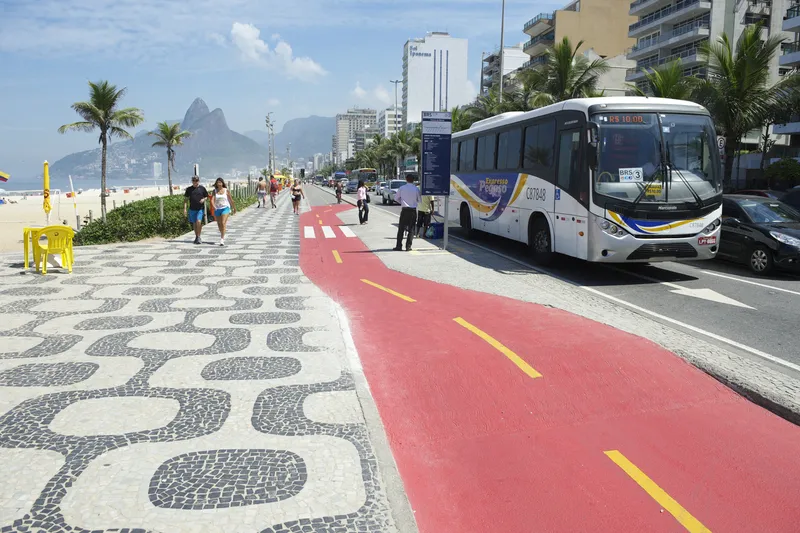Communications company Kymeta has set out on a two week trek across America in its connected Toyota RAV4 to provide a proving ground for its Kalo internet service. The system aims to provide high-bandwidth mobile satellite internet access to industries that require connectivity on the move such as the military, news reporting, first responders, construction, trains and buses. When paired with Kymeta KyWay terminals and mTennau7 ASMs, it can connect places and fixed and mobile platforms that have traditionally had limited or no connectivity.
The Toyota will remain connected throughout its U.S. journey, conducting live streams and updates from the road. In addition, Kalo is providing a map of the trek destinations with its team posting updates to the website on the route home.
Kalo's Trek will begin in Washington, D.C. and will wind through the country, covering over 7,000 miles through, and finish with a homecoming event at the its campus on November 27.
Dushyant Sukhija, SVP and general manager, Kalo Business Unit, Kymeta, said: “Kymeta is taking its connected car across the country to put the network through the paces, when launched, Kalo mobile internet services will mark a revolutionary change in the way satellite services are purchased and supplied, making it as simple as purchasing a cell phone plan. The launch of Kymeta Kalo services will usher in changes in the way businesses get work done: on the move, from everyday vehicles, in even the most difficult to reach industries and areas of the world.”
Kymeta launch Kalo 7,000-mile trek across America
Communications company Kymeta has set out on a two week trek across America in its connected Toyota RAV4 to provide a proving ground for its Kalo internet service. The system aims to provide high-bandwidth mobile satellite internet access to industries that require connectivity on the move such as the military, news reporting, first responders, construction, trains and buses. When paired with Kymeta KyWay terminals and mTennau7 ASMs, it can connect places and fixed and mobile platforms that have traditional
November 17, 2017
Read time: 2 mins










